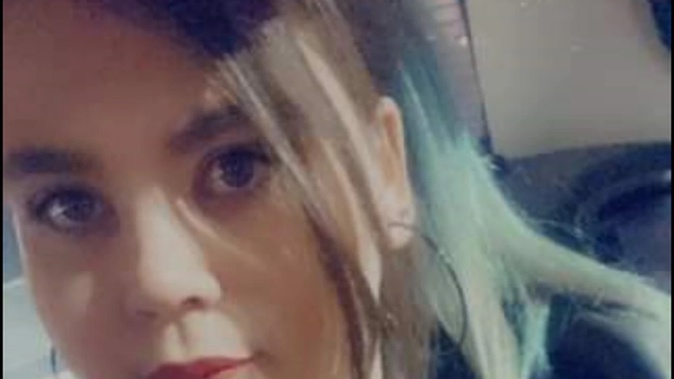
A teenager who suffered “massive and unsurvivable blood loss” after being fatally attacked by a great white was conscious and calling for help, yelling “Shark”, when rescuers reached her, a coroner has ruled.
The young woman was hauled aboard a boat and whisked back to shore for medical treatment but died from her injuries.
Coroner Michael Robb says there was nothing lifeguards could have done to prevent Kaelah Marlow’s death at Waihi Beach in January last year.
He recommends lifeguards should utilise drone technology to help them monitor ocean waters and conditions in and around flagged areas at beaches, and warn swimmers about the potential dangers of venturing beyond the breakers in areas that great whites are known to populate.
Marlow was swimming with a group of friends on January 7 last year when she was attacked by a 2.8m great white shark.
The incident happened shortly after the 19-year-old’s friends had returned to shore as they felt the current had become too strong, the report said.
The group had been swimming between the flags and the area was being patrolled by lifeguards at the time. The friends had been about 100m from the beach when they decided to head back. However, Marlow did not follow.
The report describes how lifeguards had been watching the group and a decision was eventually made for an inflatable rescue boat to head out to Marlow to check on her.
When the IRB was launched, the young woman was said to be about 300m to 400m away and did not look to be in any distress or “obvious difficulty,” according to the report.
Things took a turn for the worse, however, when Marlow was suddenly attacked by a shark before lifeguards had reached her.
“Lifeguards reached Kaelah while she was conscious and calling for help and yelling: ‘Shark’!
“Lifeguards lifted her into the boat and quickly transported her to shore and signalled for help.”
The report said Marlow had suffered “massive blood loss in a very short space of time” and despite efforts to save her life, she died at the scene.
/cloudfront-ap-southeast-2.images.arcpublishing.com/nzme/GFKO5MTNIRAPDIY3UAGENXX5V4.jpg)
Kaelah Marlow died at Waihī Beach in January last year after being attacked by a shark.
“There was nothing that the lifeguards could have done to prevent Kaelah’s death on the information they had available to them.
“I conclude that the lifeguards were appropriately undertaking their responsibilities to observe Kaelah and were already actively taking action to check on her when she suffered her fatal injury.”
Robb went on to say that it was likely Marlow had already suffered “unsurvivable blood loss” by the time lifeguards arrived and pulled her out of the water.
The coroner also gave recommendations that could help prevent a similar death or serious injury from a shark attack - or reduce the risk, at least, he said.
Recommendations included the consideration of having towers installed for lifeguards at beaches great white sharks are known to frequent, so they could have a better view of the beach.
Robb also recommended signs around the beach warning of sharks in the area as well as a statutory provision that would give lifeguards the authority to have members of the public leave the beach.
Robb noted that despite the tragic loss, shark attacks in New Zealand were historically rare.
Marlow was remembered by family and friends as an adventurous young woman who moved from Perth only five years previously with her parents, Robert and Michelle, and younger sister Georgia.
Her casket was adorned with a heart-shaped wreath made from shells collected from the beach where she died. A tag was attached to it that read: “Aroha, Waihī Beach.”
/cloudfront-ap-southeast-2.images.arcpublishing.com/nzme/6HHYHAX5CNC67HXKATCZ5FWCTQ.jpg)
Members of the public paid tribute to Kaelah Marlow after she died at their local beach in January last year.
Take your Radio, Podcasts and Music with you








